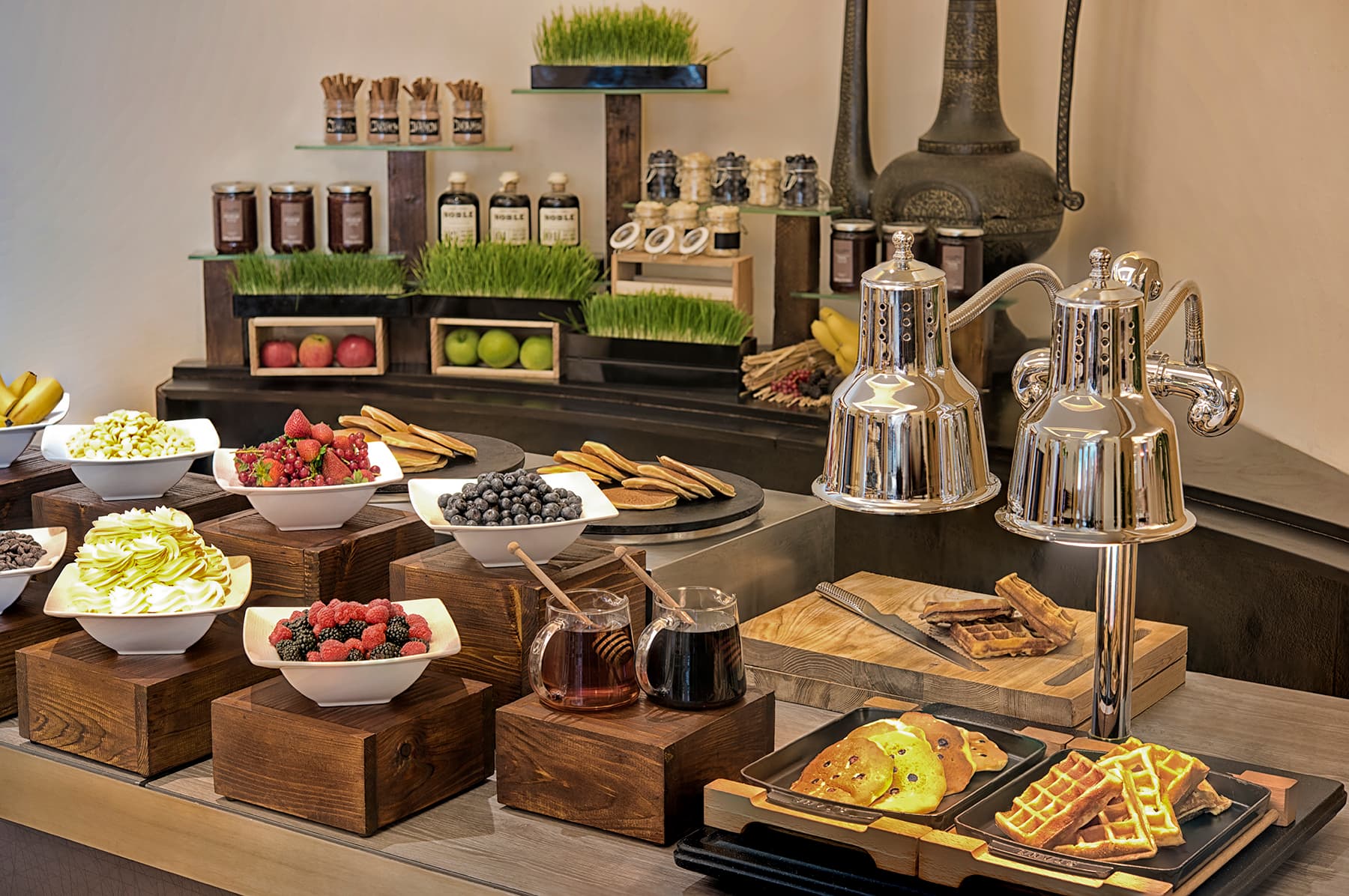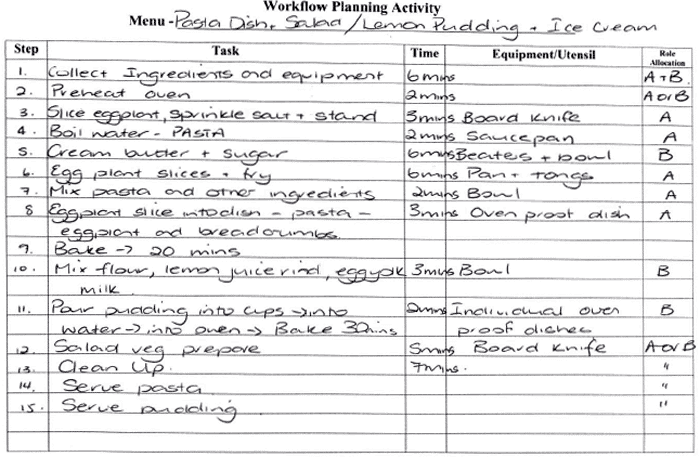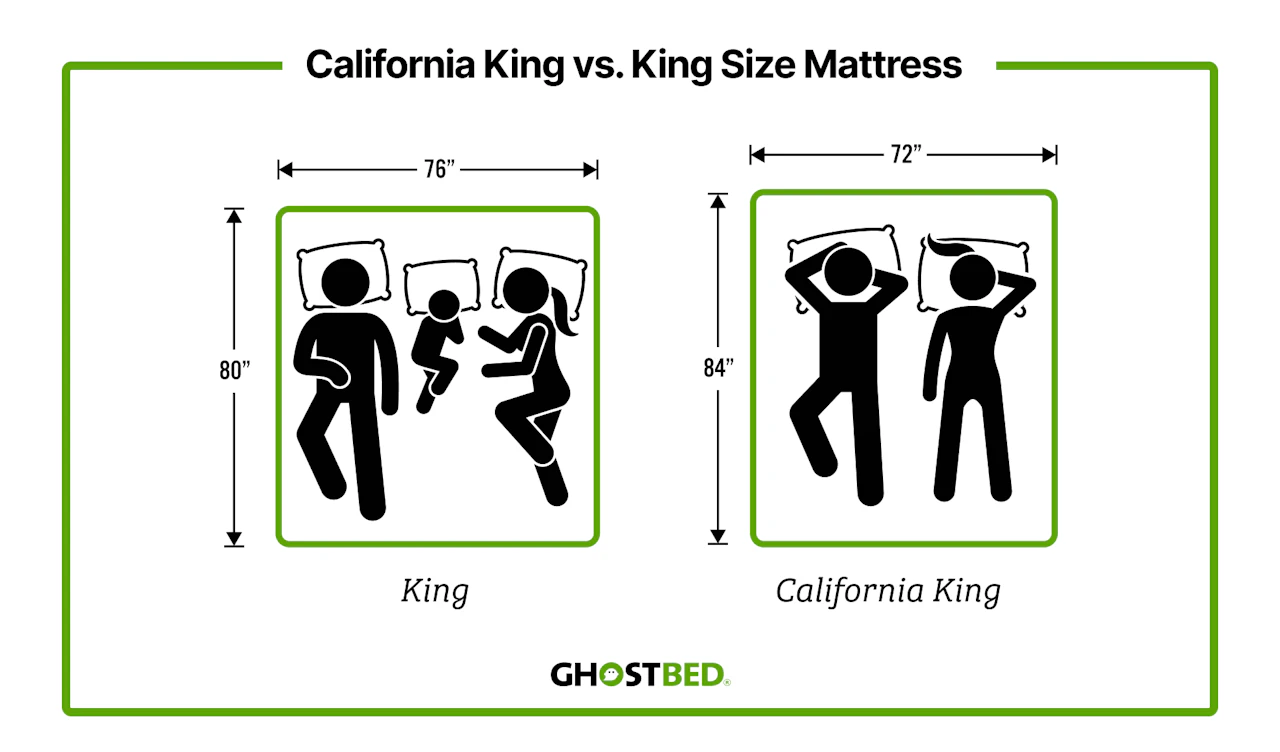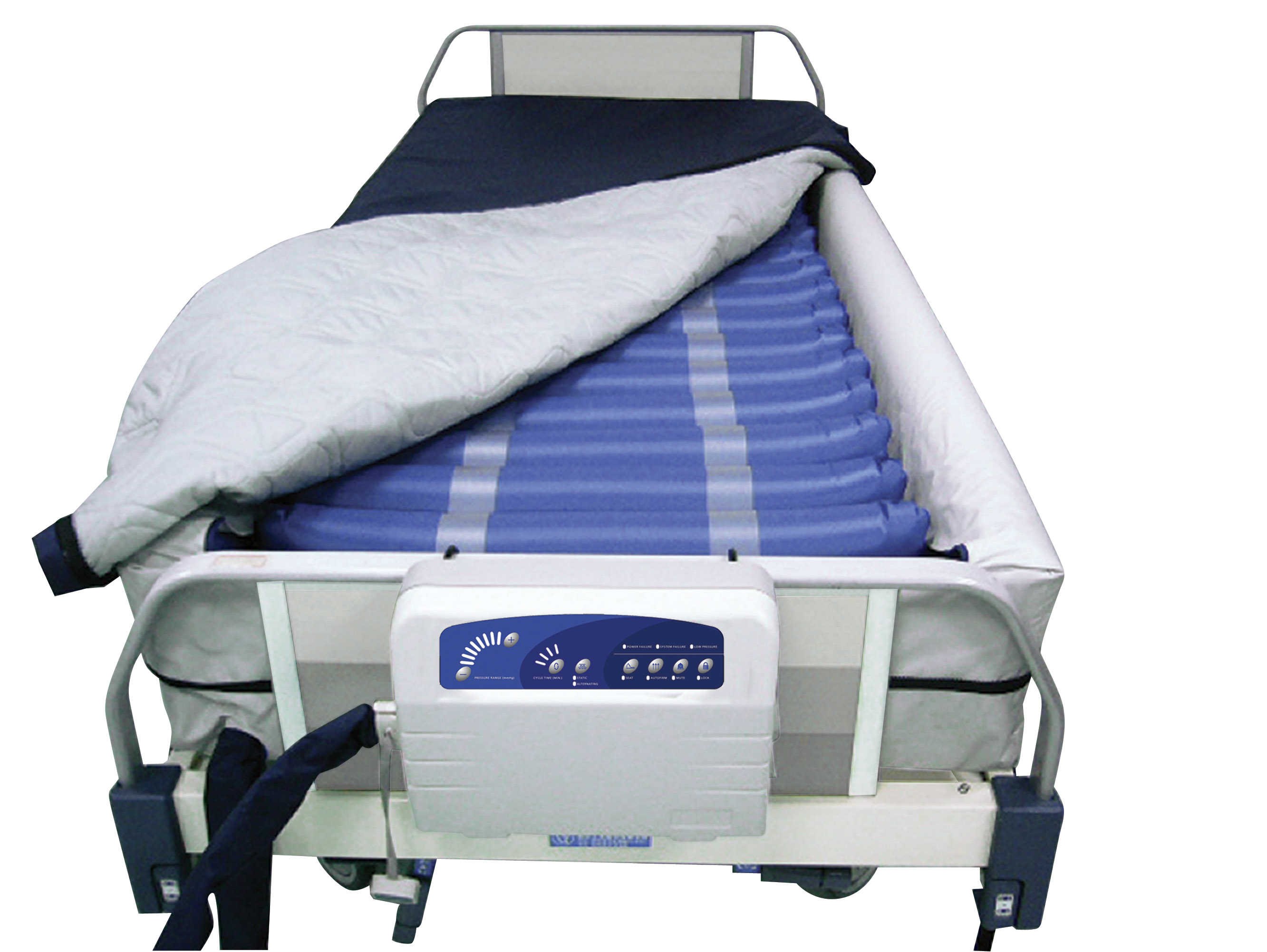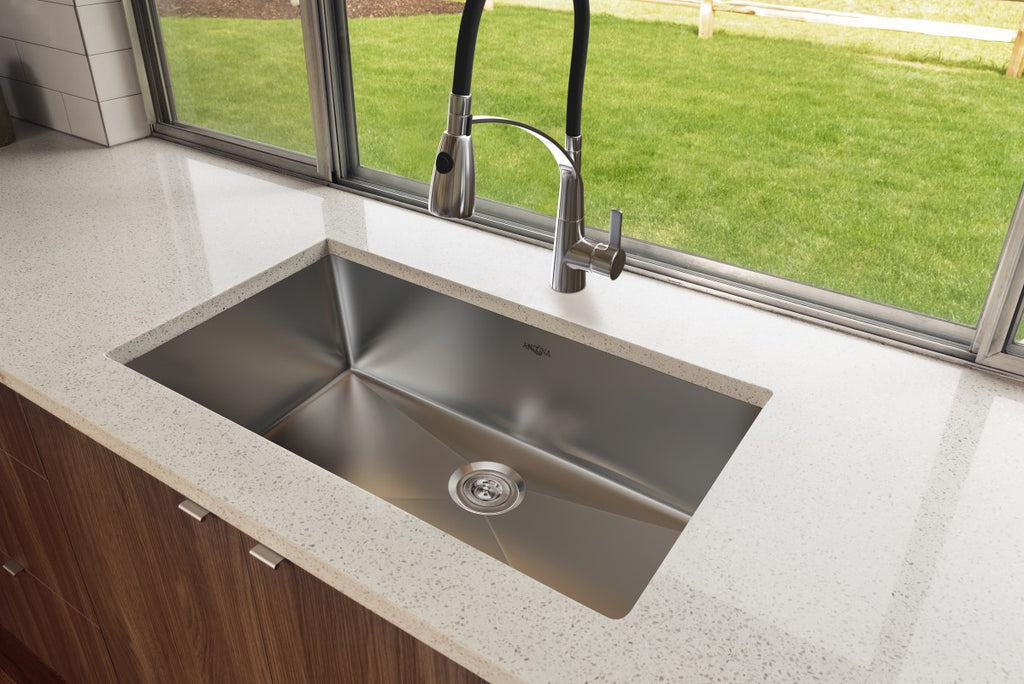When designing a kitchen, it's important to keep in mind the work triangle – the distance between the three main work areas: the fridge, the sink, and the stove. This triangle should be well-planned and efficient, as it is where most of the cooking and prep work will take place. Ignoring the importance of the work triangle can lead to a kitchen that is difficult to navigate and can slow down your cooking process.Not considering the work triangle
Counter space is crucial in a kitchen, as it is where most of the food preparation and cooking will take place. Not having enough counter space can make it difficult to work efficiently and can lead to a cluttered and chaotic kitchen. When designing your kitchen, make sure to include enough counter space for your needs, whether it's for chopping, mixing, or setting down hot dishes.Not enough counter space
Storage is often overlooked when designing a kitchen, but it is essential for keeping your kitchen organized and clutter-free. Not having enough storage can result in a messy and disorganized kitchen, with items scattered around the countertops. Make sure to plan for enough cabinets, drawers, and shelves to store all of your kitchen essentials.Not enough storage
The materials you choose for your kitchen can make a big difference in both the functionality and aesthetics of the space. Choosing the wrong materials can result in a kitchen that is difficult to clean, prone to damage, or simply doesn't fit your style. Make sure to research and choose materials that are durable, easy to clean, and fit your overall design aesthetic.Choosing the wrong materials
Lighting is often overlooked in kitchen design, but it plays a crucial role in both functionality and ambiance. Not having enough lighting can make it difficult to see while cooking and can create a dark and gloomy atmosphere in the space. Make sure to incorporate a variety of lighting options, including overhead lights, task lighting, and ambient lighting, to meet all of your kitchen's needs.Not enough lighting
Proper ventilation is essential in a kitchen, as it helps to remove smoke, steam, and cooking odors. Ignoring the importance of ventilation can result in a kitchen that is hot, smoky, and smells of food long after cooking. Make sure to include a range hood or other ventilation system in your kitchen design to keep the air clean and fresh.Ignoring the importance of ventilation
In today's modern kitchen, there are many electrical appliances that we rely on for cooking and food prep. Not planning for enough electrical outlets can result in a kitchen that is inconvenient to use and can lead to cluttered and unsafe extension cords. Make sure to plan for enough outlets in your kitchen design to accommodate all of your appliances.Not planning for enough electrical outlets
When designing a kitchen, it's important to consider the size of your appliances and how they will fit into the space. Not factoring in the size of appliances can result in a kitchen that is cramped and difficult to move around in. Make sure to measure your appliances and plan for enough space to accommodate them in your kitchen design.Not factoring in the size of appliances
Many kitchens have limited space, so it's important to make the most of every inch. Not maximizing vertical space can result in a kitchen that feels cluttered and crowded. Consider incorporating shelves, cabinets, and storage options that utilize the vertical space in your kitchen, such as hanging pots and pans or installing tall cabinets.Not maximizing vertical space
When designing a kitchen, it's important to consider the overall style and flow of the space. Not considering these factors can result in a kitchen that feels disjointed and doesn't fit with the rest of your home. Make sure to choose a design that complements the style of your home and creates a cohesive flow between the kitchen and other living spaces.Not considering the overall style and flow of the kitchen
Top Kitchen Design Mistakes to Avoid for a Functional and Beautiful Space

Introduction
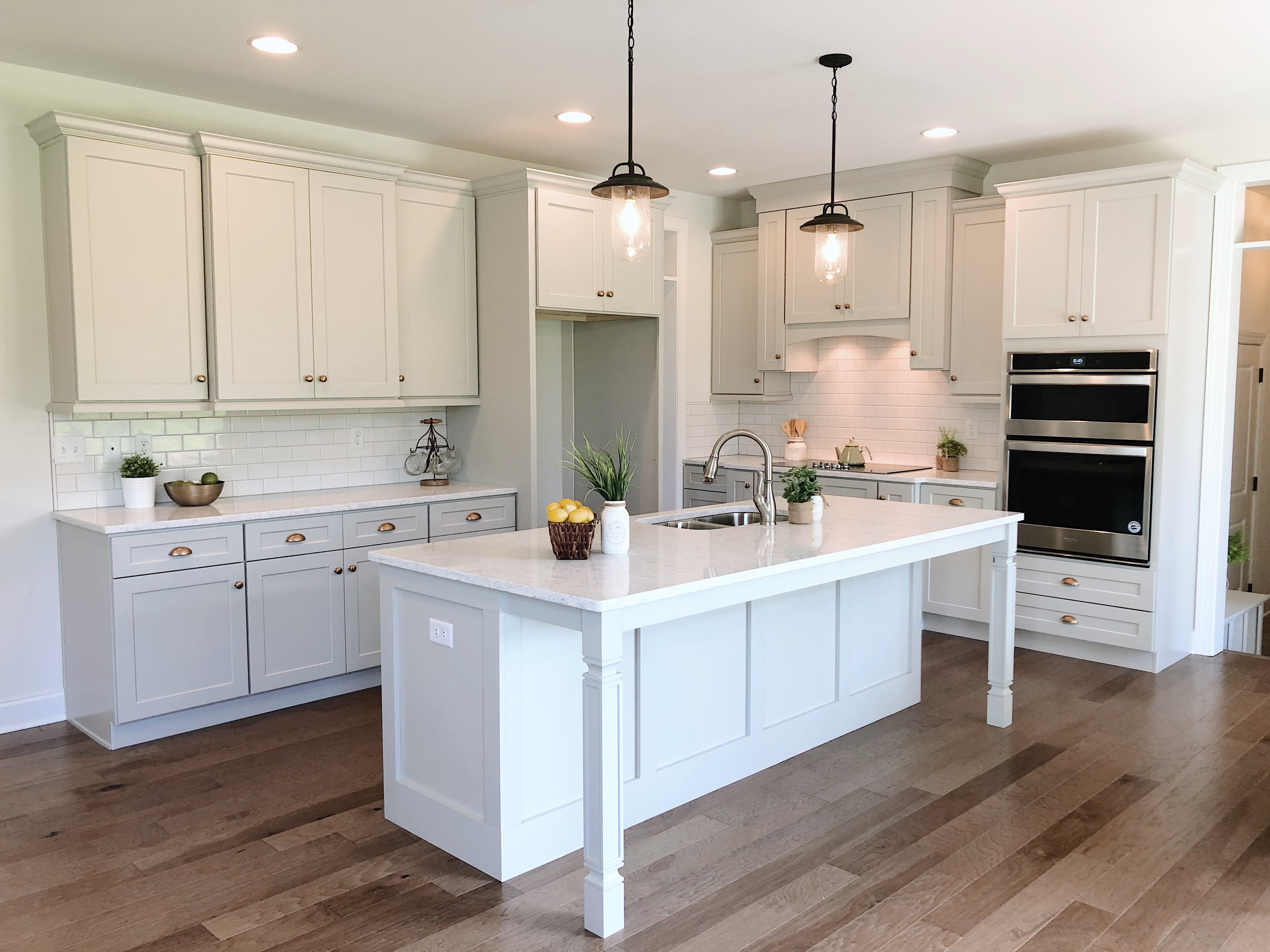 Designing a kitchen can be a daunting task, as it is one of the most important and heavily used areas in a house. A well-designed kitchen can not only add value to your home, but also enhance your daily life by providing a functional and beautiful space for cooking and entertaining. However, there are several common mistakes that homeowners make when designing their kitchen, which can lead to a less-than-desirable outcome. In this article, we will discuss the top kitchen design mistakes to avoid, so you can create the kitchen of your dreams.
Designing a kitchen can be a daunting task, as it is one of the most important and heavily used areas in a house. A well-designed kitchen can not only add value to your home, but also enhance your daily life by providing a functional and beautiful space for cooking and entertaining. However, there are several common mistakes that homeowners make when designing their kitchen, which can lead to a less-than-desirable outcome. In this article, we will discuss the top kitchen design mistakes to avoid, so you can create the kitchen of your dreams.
Not Planning for Sufficient Storage
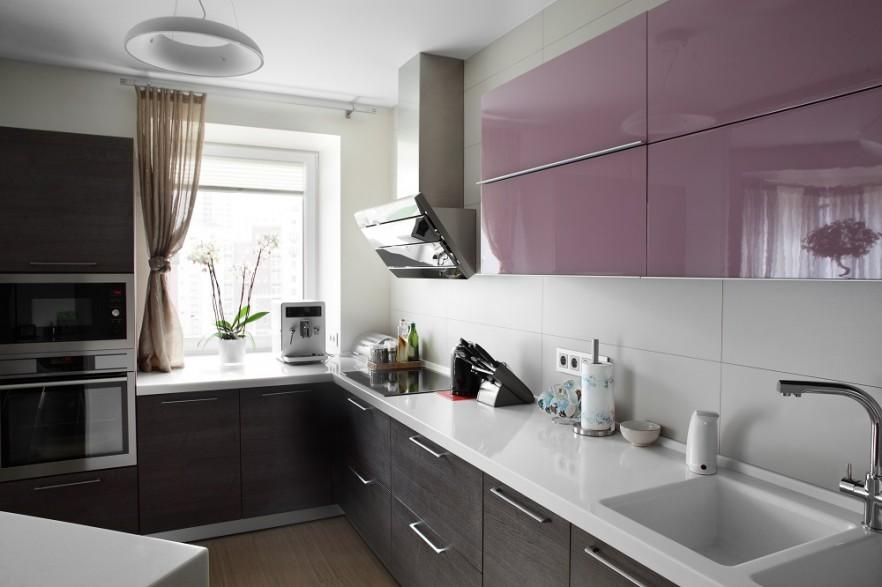 One of the biggest mistakes in kitchen design is not considering enough storage space. Many homeowners focus on the aesthetic aspects of their kitchen and overlook the practicality of having enough storage for their cookware, utensils, and pantry items. This can lead to a cluttered and disorganized kitchen, making it difficult to find what you need when preparing meals. It is important to carefully assess your storage needs and plan for enough cabinets, drawers, and pantry space to keep your kitchen organized and functional.
One of the biggest mistakes in kitchen design is not considering enough storage space. Many homeowners focus on the aesthetic aspects of their kitchen and overlook the practicality of having enough storage for their cookware, utensils, and pantry items. This can lead to a cluttered and disorganized kitchen, making it difficult to find what you need when preparing meals. It is important to carefully assess your storage needs and plan for enough cabinets, drawers, and pantry space to keep your kitchen organized and functional.
Ignoring the Work Triangle
 The work triangle is a fundamental principle in kitchen design, which refers to the placement of the three main work areas: the refrigerator, the sink, and the stove. The distance between these areas should not be too far apart or too close together, as it can impede the flow of work in the kitchen. Ignoring the work triangle can result in an inefficient and frustrating cooking experience. It is important to consider the work triangle when designing your kitchen layout, and make sure that the three areas are easily accessible and well-spaced.
The work triangle is a fundamental principle in kitchen design, which refers to the placement of the three main work areas: the refrigerator, the sink, and the stove. The distance between these areas should not be too far apart or too close together, as it can impede the flow of work in the kitchen. Ignoring the work triangle can result in an inefficient and frustrating cooking experience. It is important to consider the work triangle when designing your kitchen layout, and make sure that the three areas are easily accessible and well-spaced.
Not Enough Lighting
/AMI089-4600040ba9154b9ab835de0c79d1343a.jpg) Lighting is an often overlooked aspect in kitchen design, but it plays a crucial role in creating a functional and inviting space. Insufficient lighting can make it difficult to see while cooking, leading to accidents and mistakes. It can also make the kitchen feel dull and uninviting. It is important to have a combination of task lighting, ambient lighting, and accent lighting in your kitchen to provide adequate illumination and enhance the overall look and feel of the space.
Lighting is an often overlooked aspect in kitchen design, but it plays a crucial role in creating a functional and inviting space. Insufficient lighting can make it difficult to see while cooking, leading to accidents and mistakes. It can also make the kitchen feel dull and uninviting. It is important to have a combination of task lighting, ambient lighting, and accent lighting in your kitchen to provide adequate illumination and enhance the overall look and feel of the space.



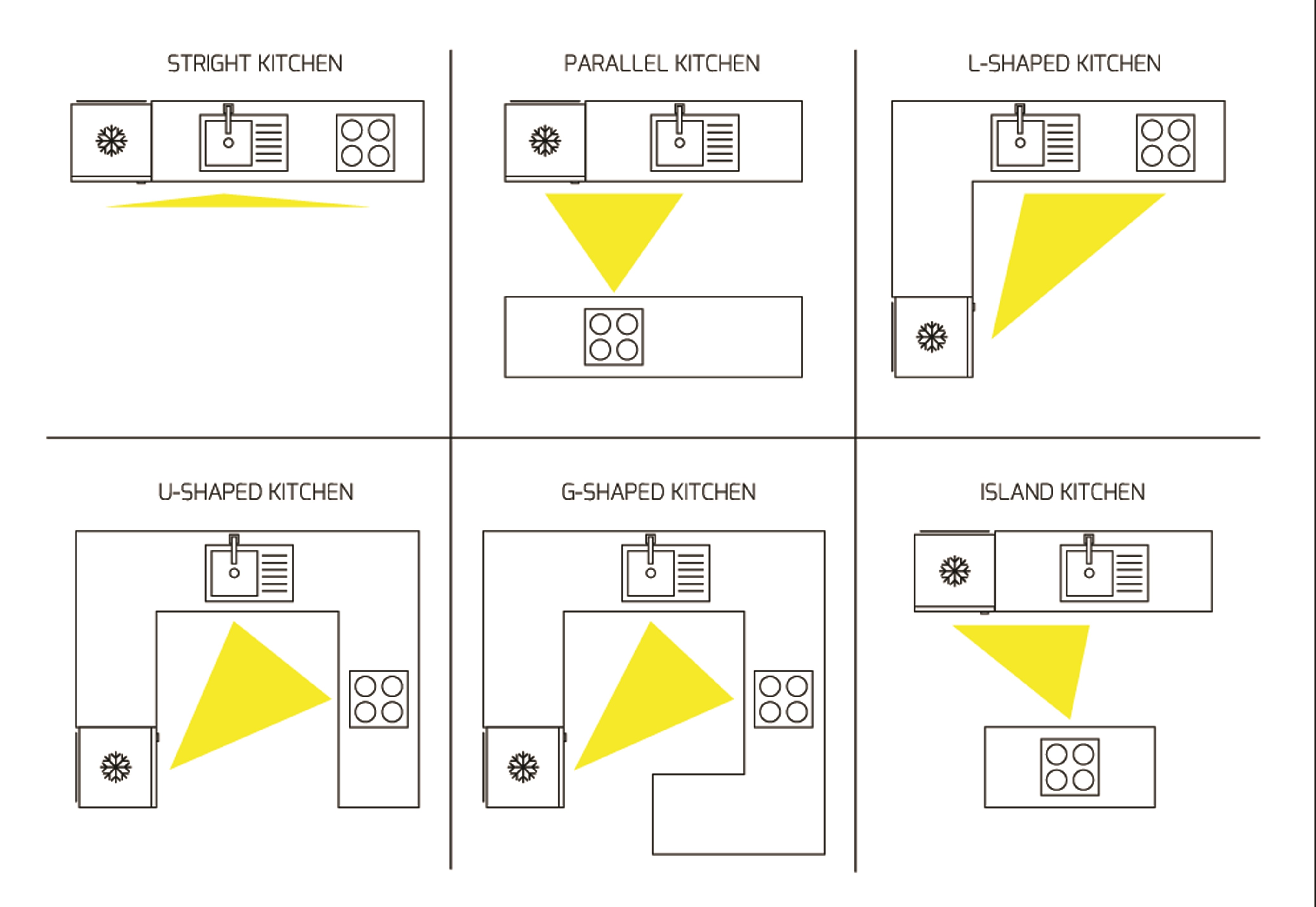



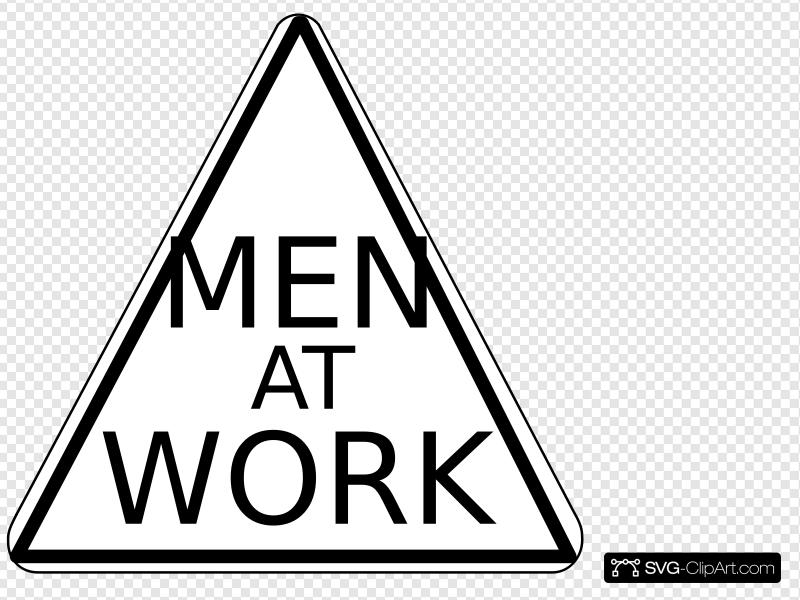
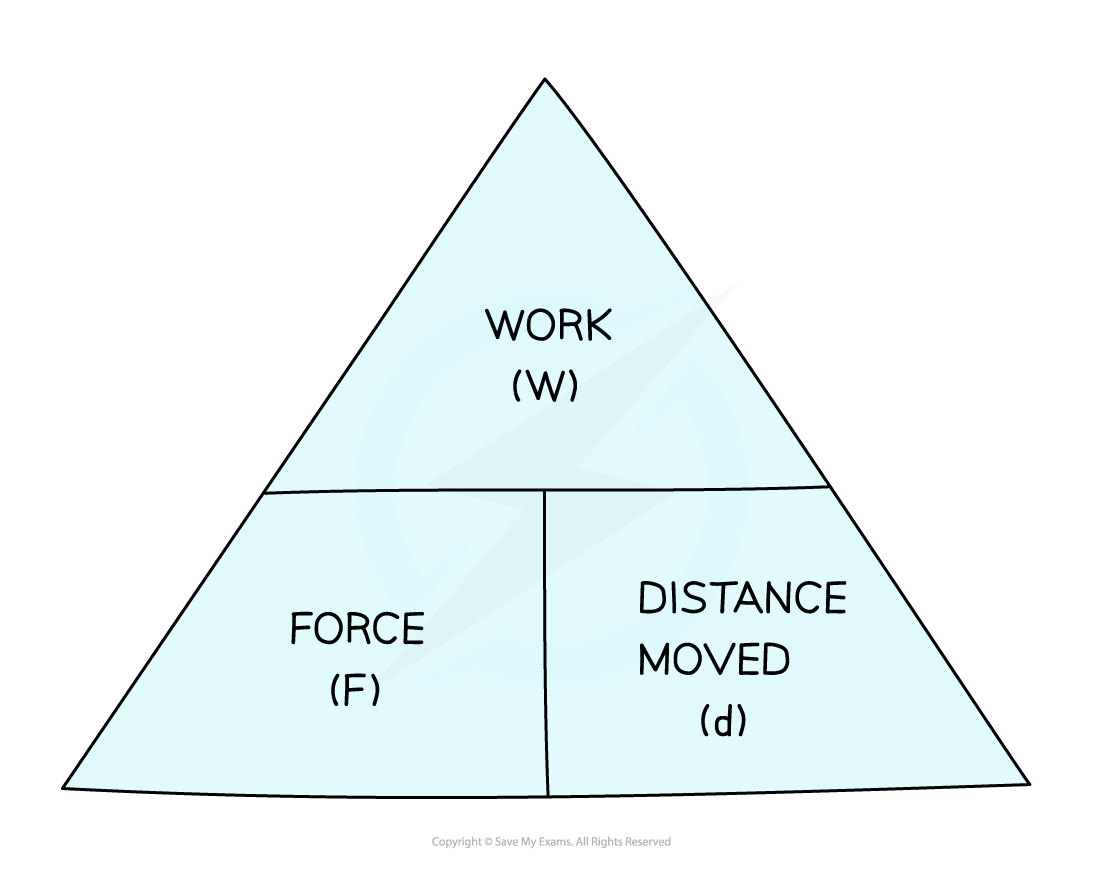





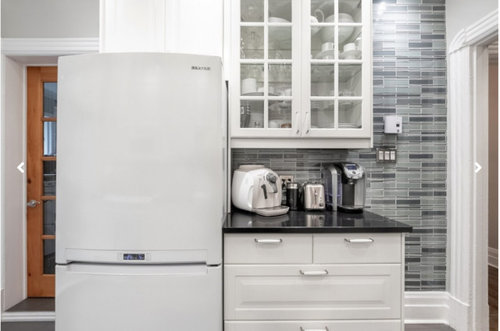


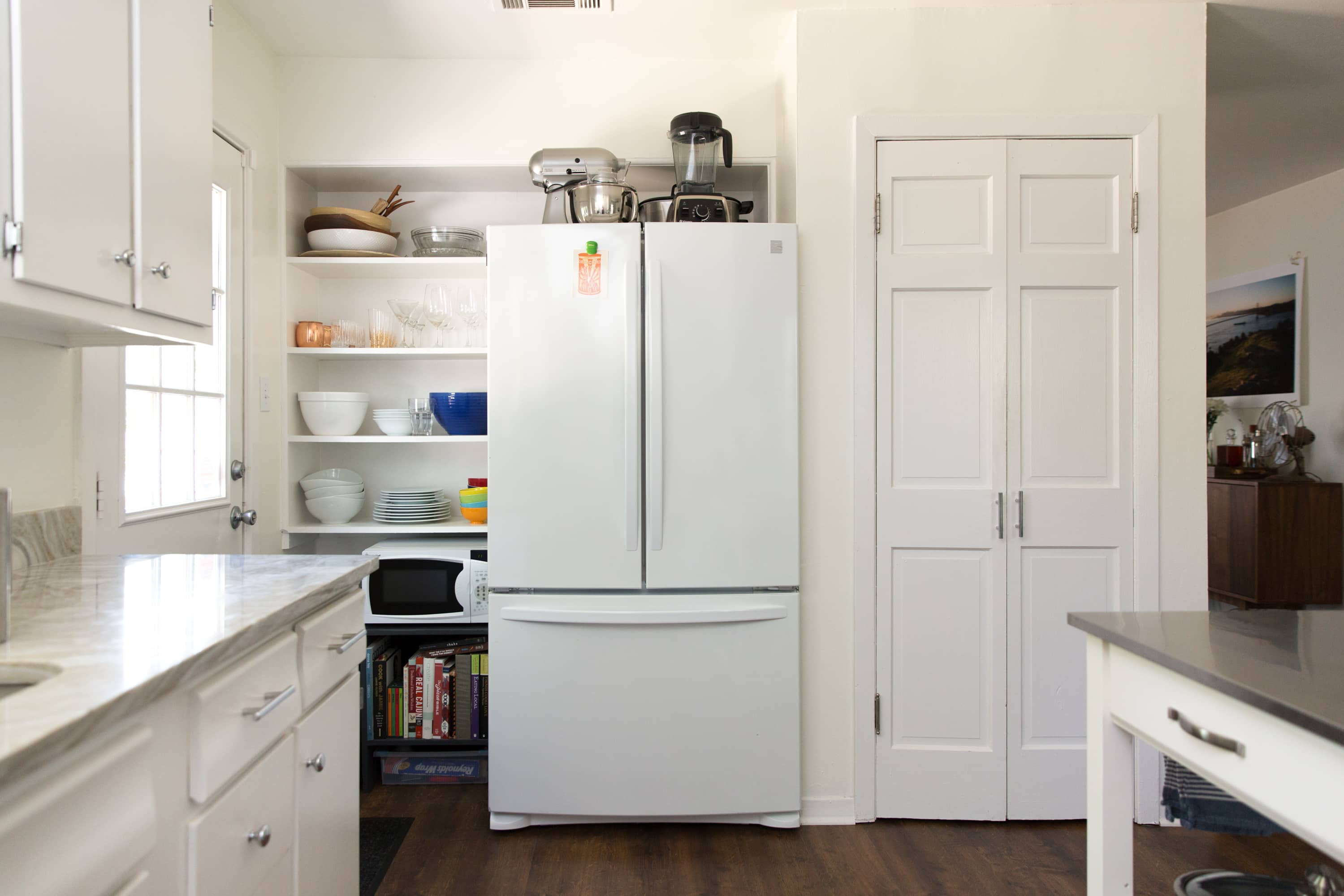
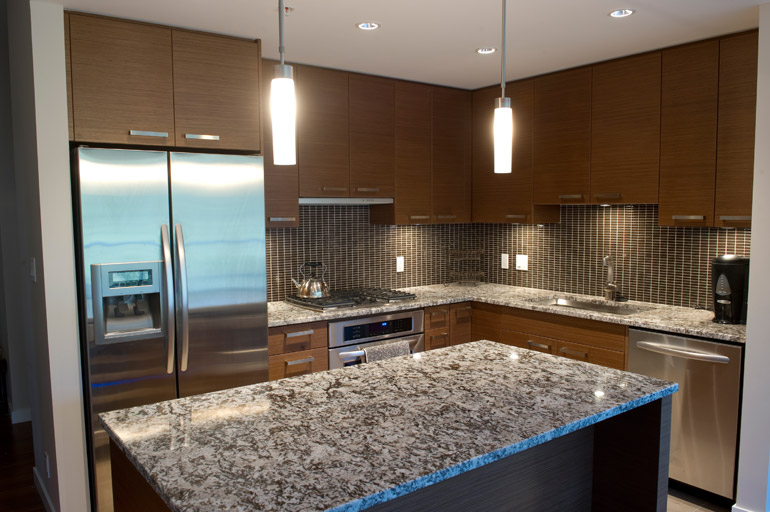
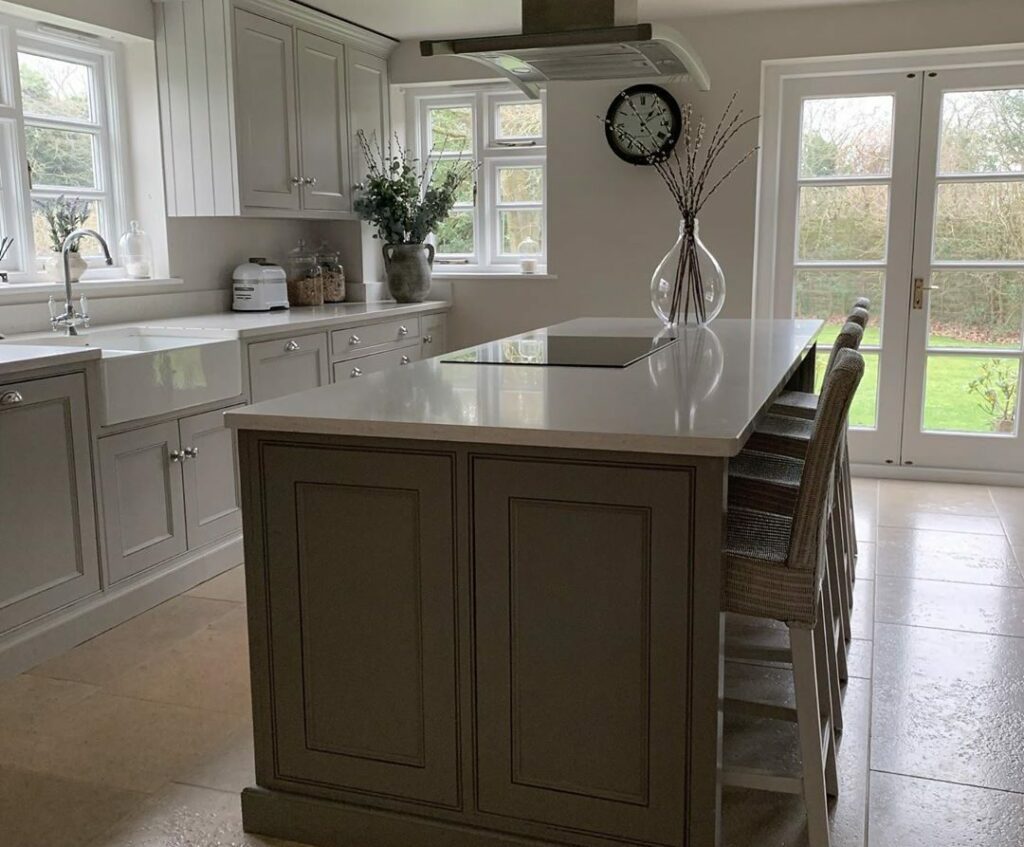



















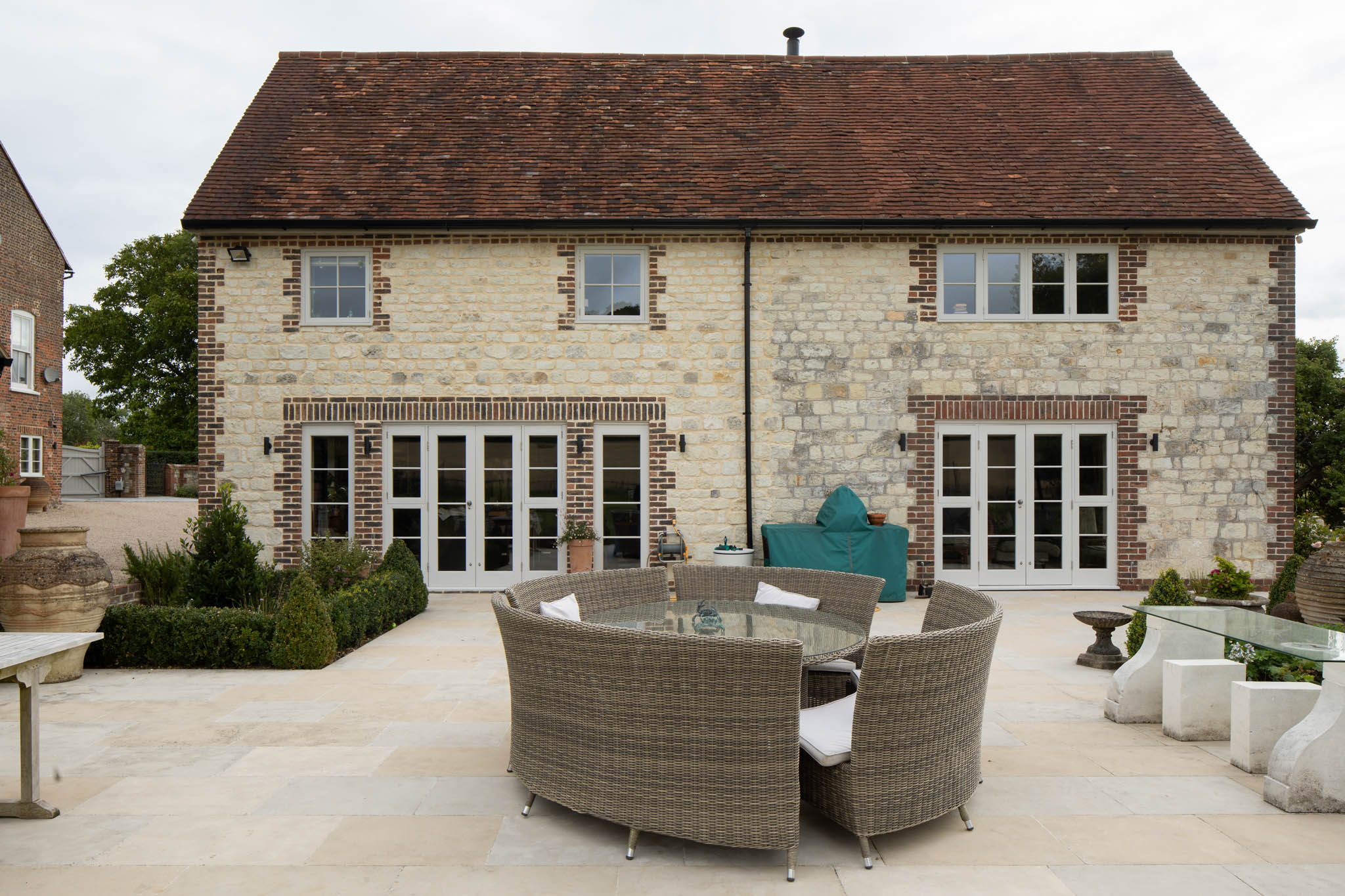

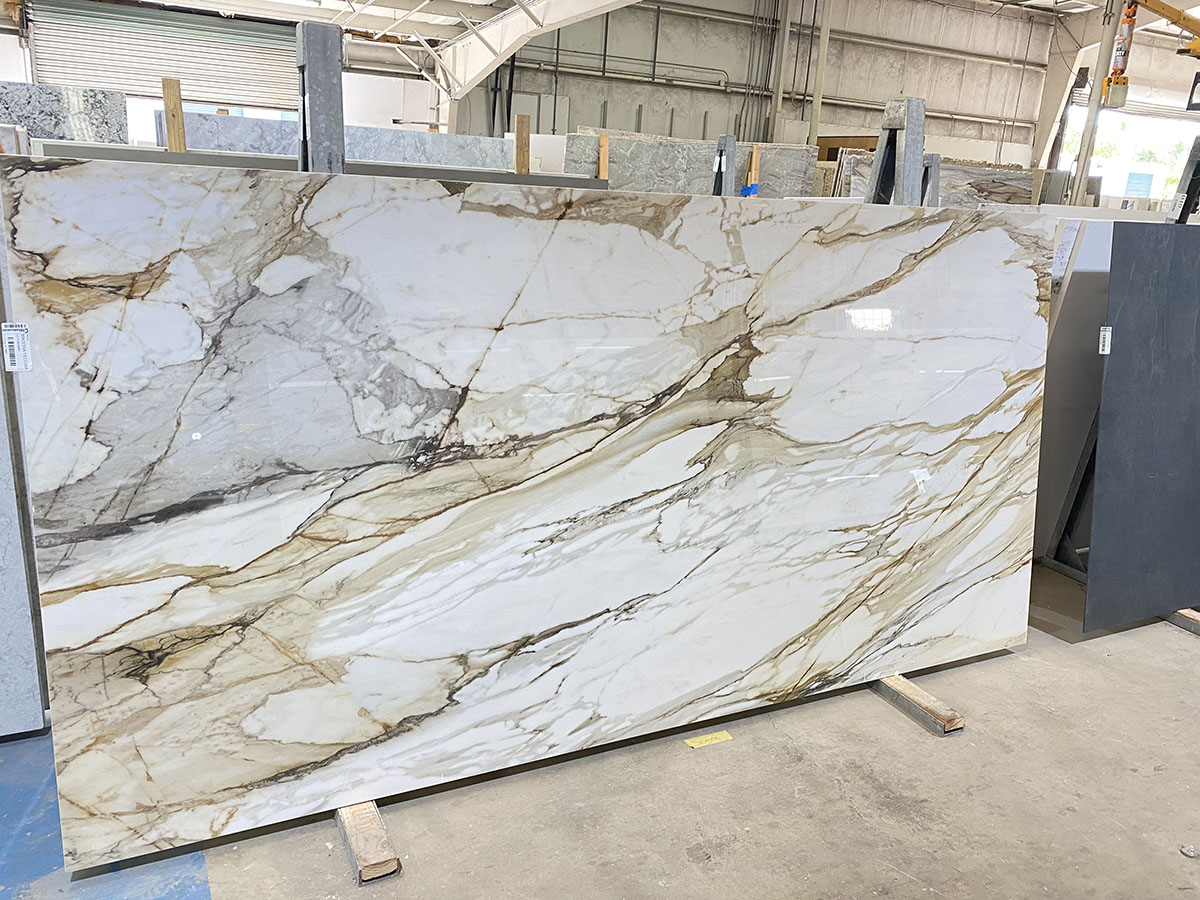






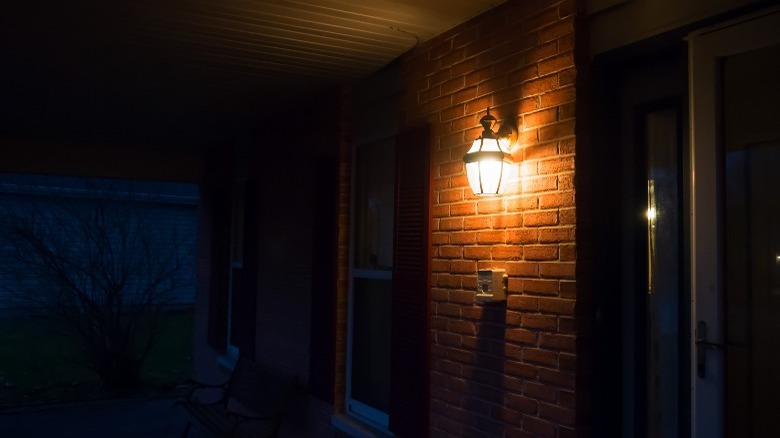
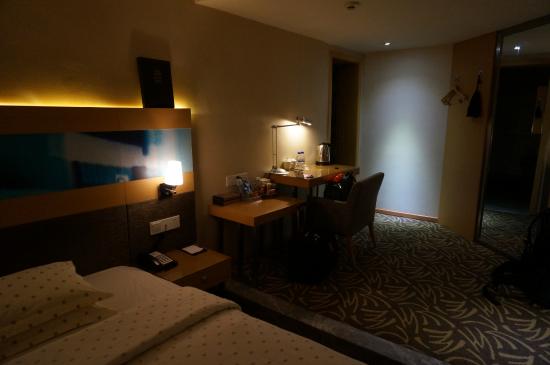





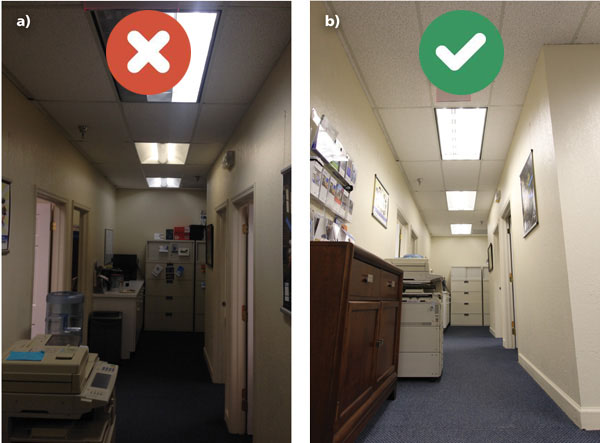

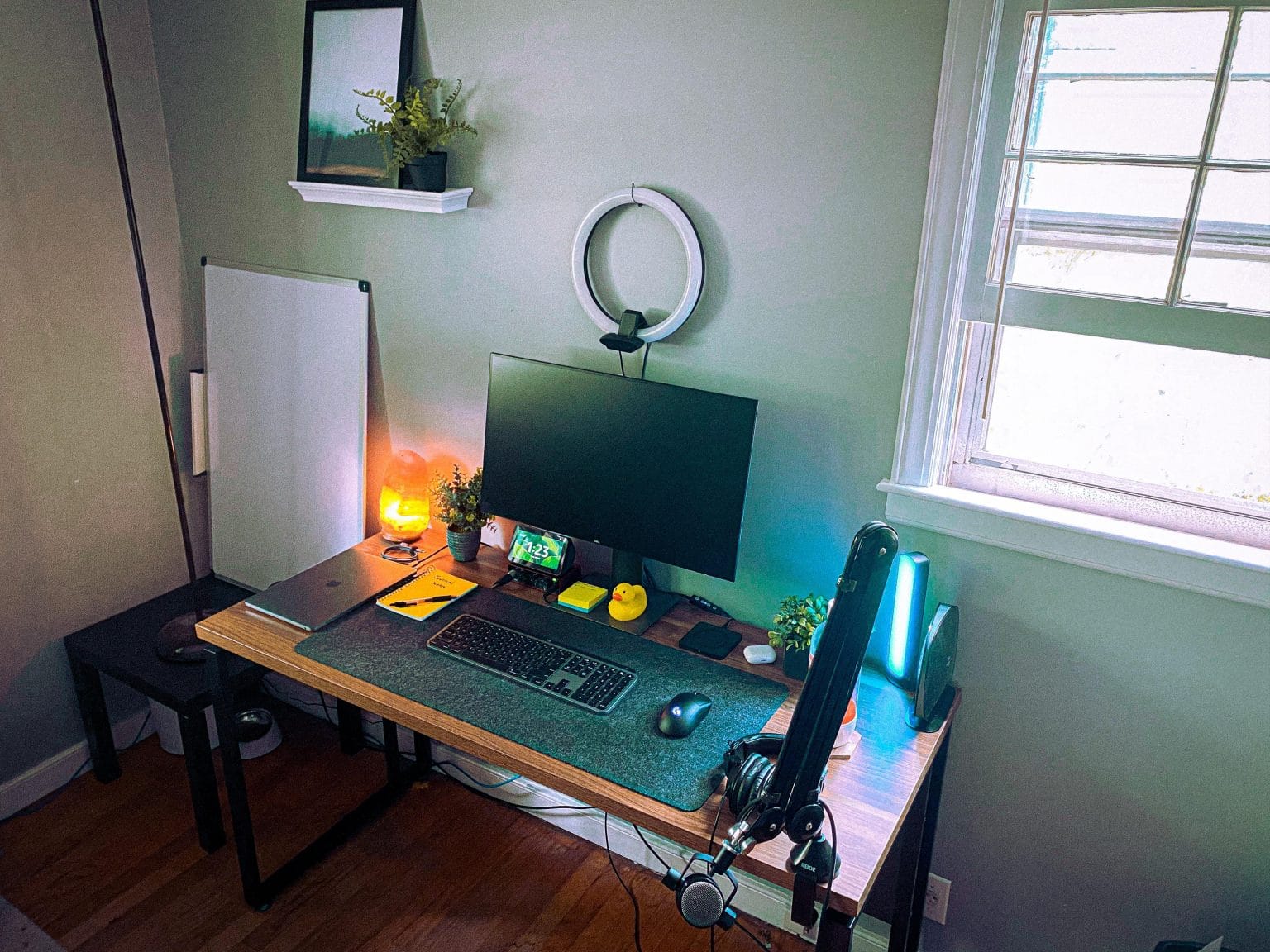

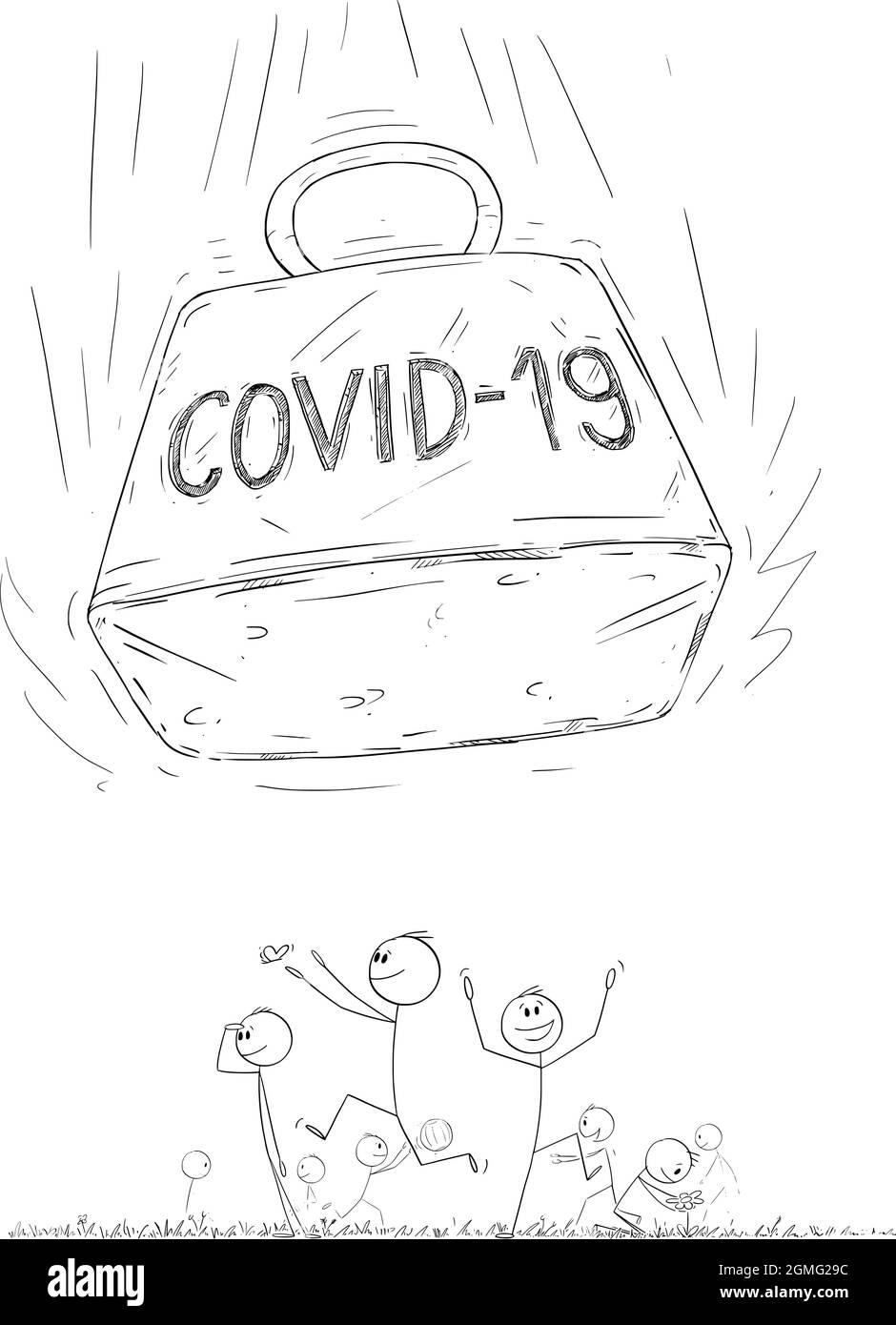






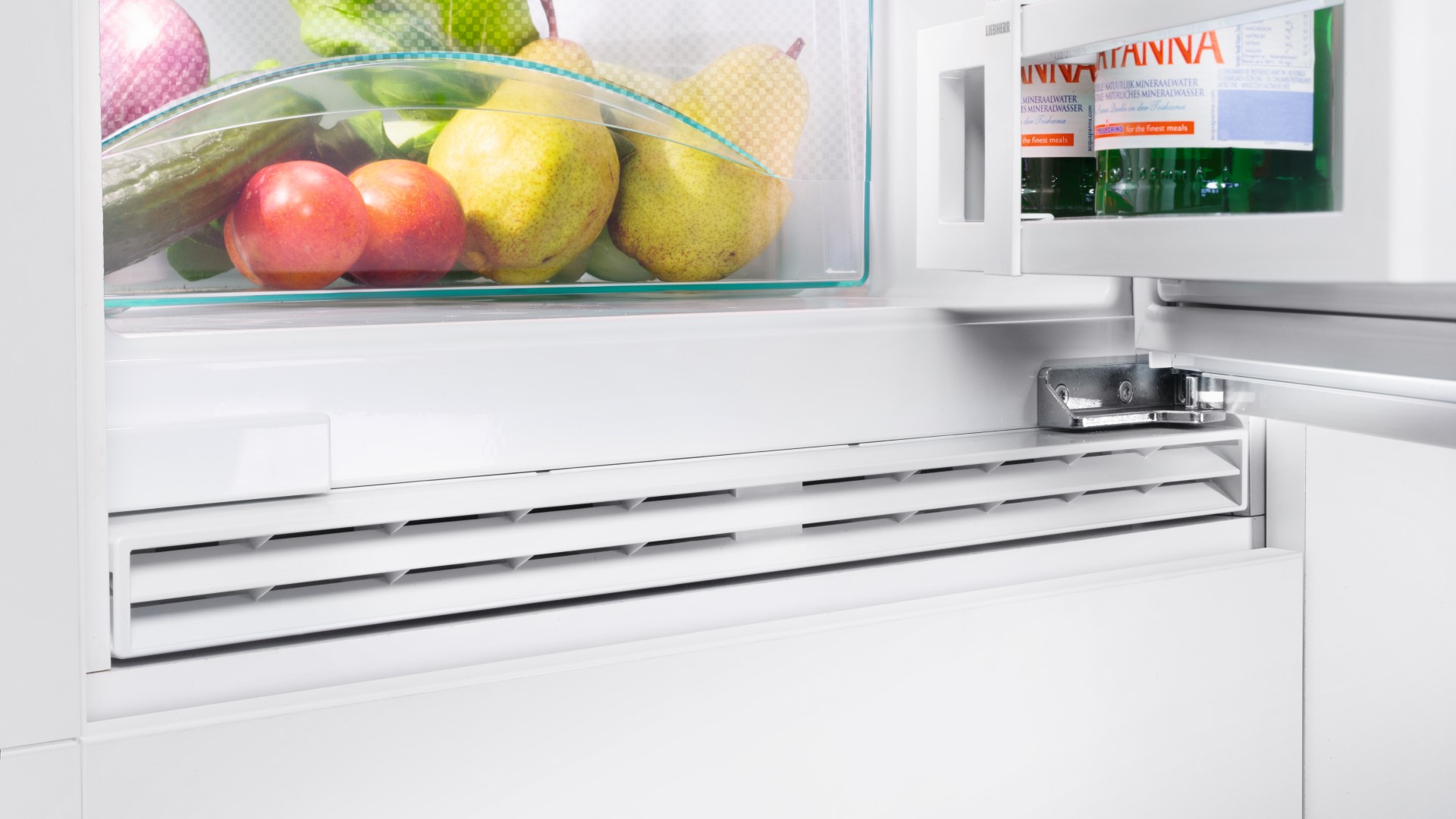







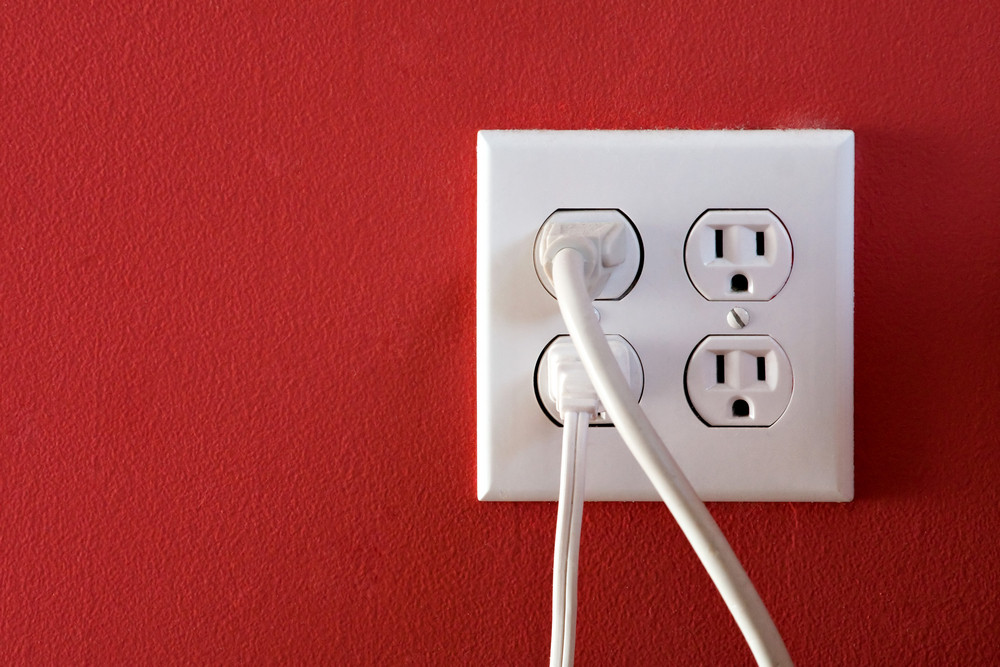
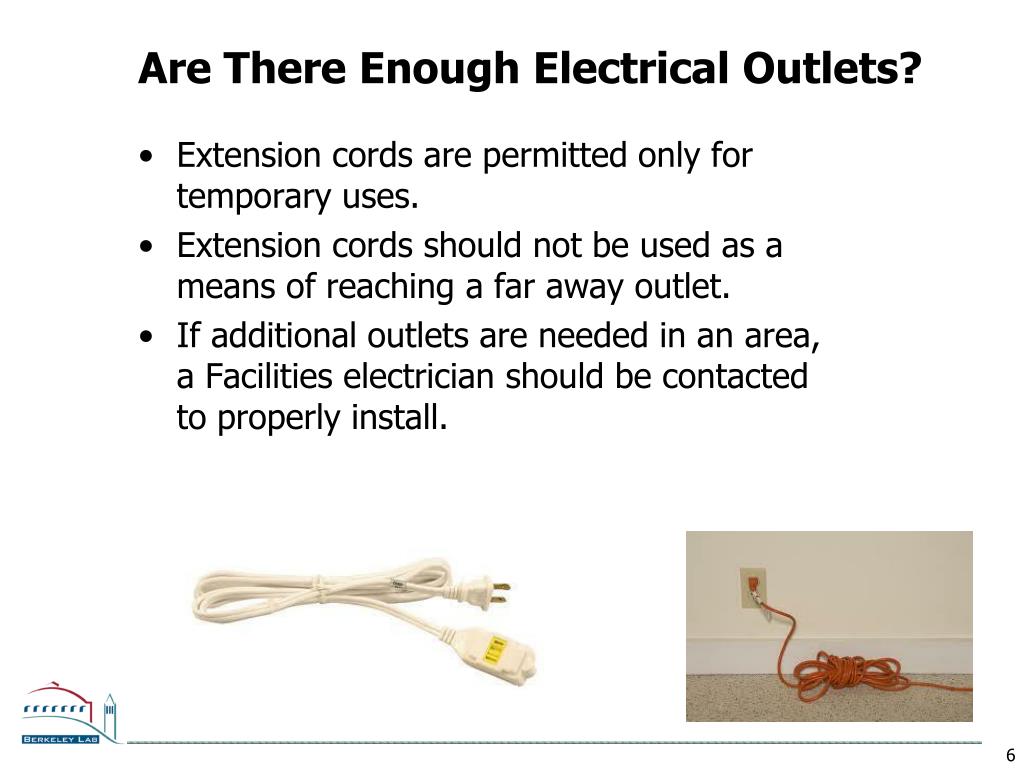
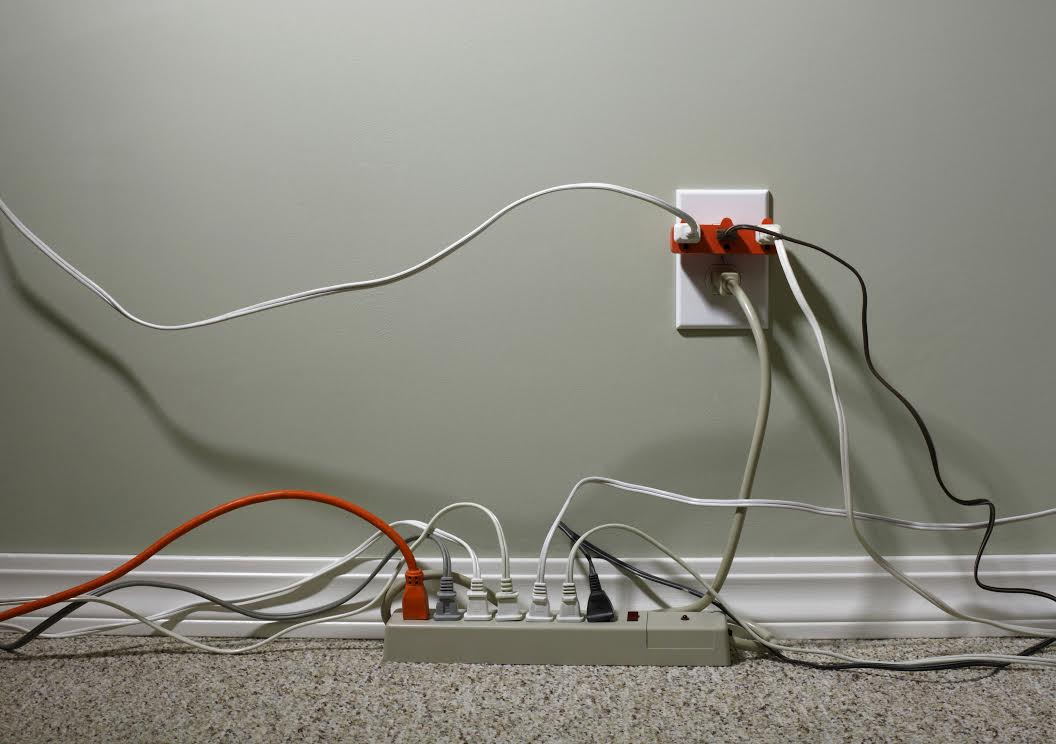





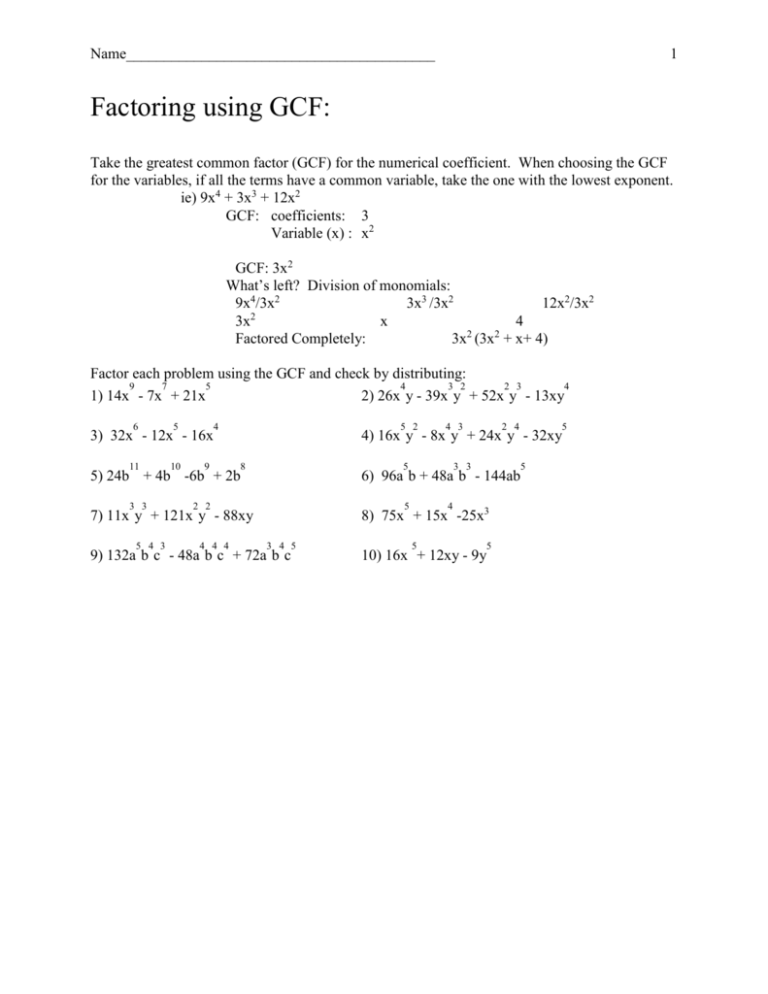



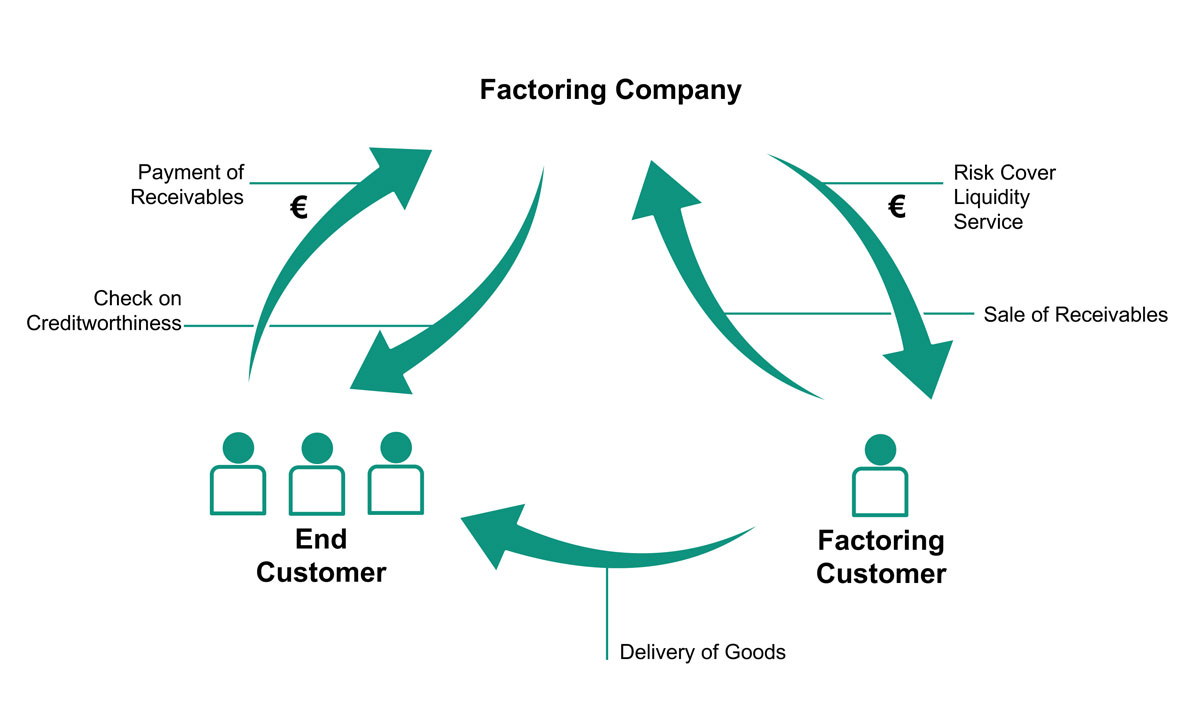








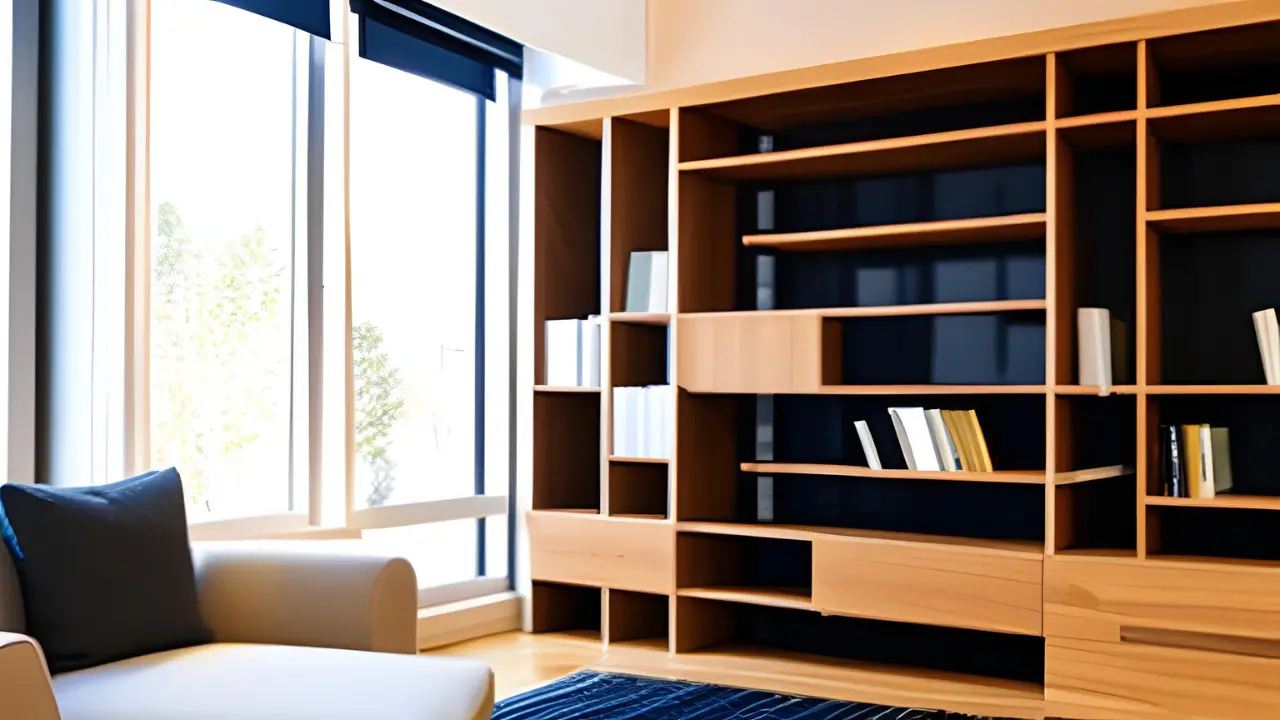
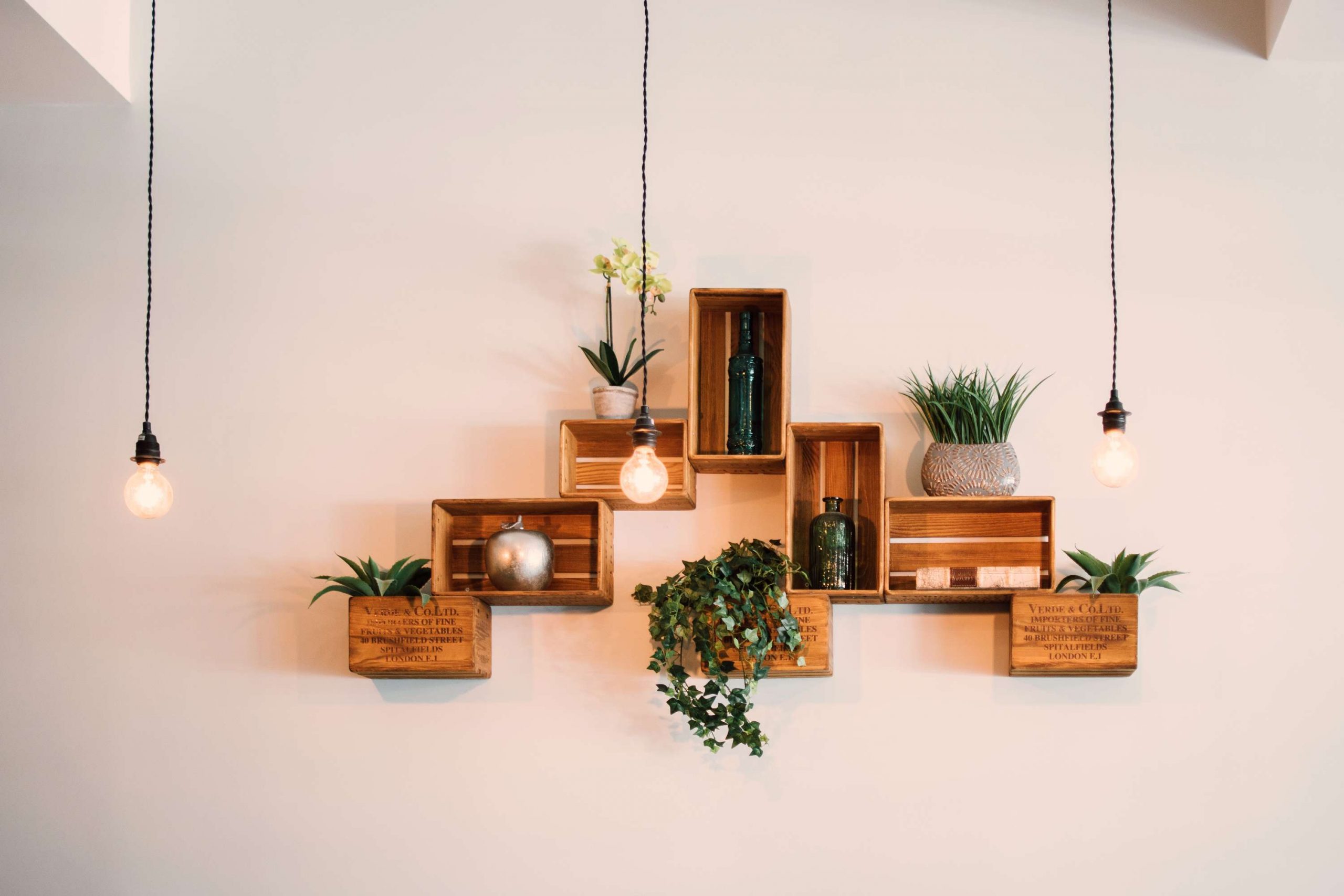

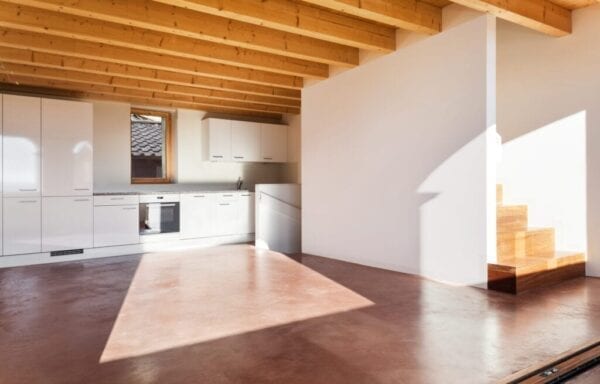
:max_bytes(150000):strip_icc()/dungarees-overalls-embed-08-2000-420eb2668cec4933bc890f81a1ce1f2c.jpg)






